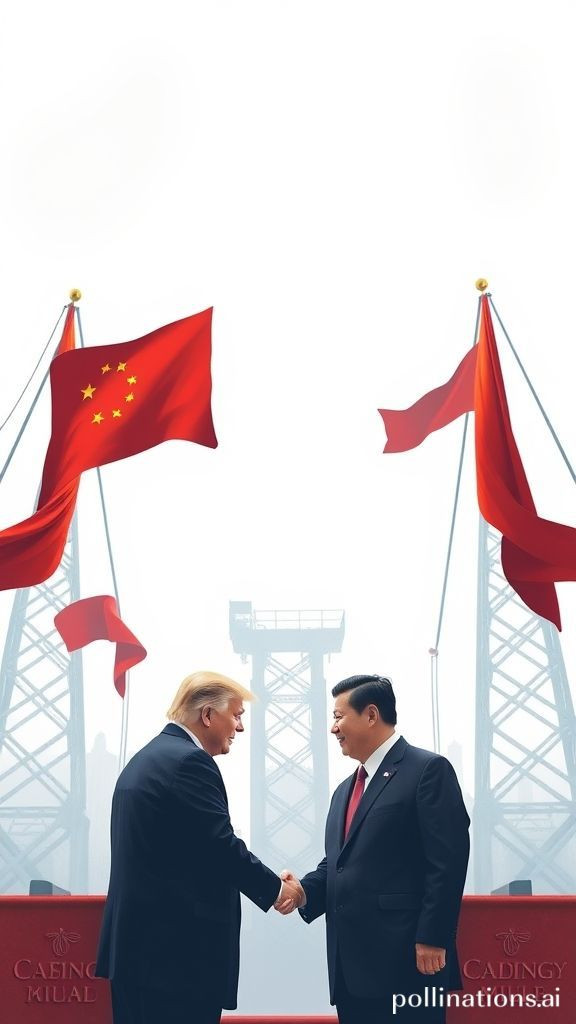
Sudanese War Prolonged Conflict Threatens Millions As the conflict in Sudan enters its third year, the humanitarian catastrophe continues without respite. Fighting between government forces and rebel groups has forced thousands from their homes, exacerbating an already dire situation for millions of civilians caught in the crossfire. The International Community Must Act Now, Before it's Too Late. The Human Cost Tens of Thousands Dead, Millions Displaced According to estimates, tens of thousands have lost their lives and over 13 million people have been displaced due to the conflict. Many more face starvation or inadequate access to healthcare services. Women and children are particularly vulnerable groups who suffer disproportionately from the war's consequences. Aid Efforts Hampered by Lack of Access The conflict has created a complex web of roadblocks, minefields, and security checkpoints that make it nearly impossible for aid organizations to reach those most in need. This lack of access further compounds the suffering of civilians, many of whom have been reduced to begging on street corners. A Complicated Conflict with Multiple Actors The conflict is characterized by its complexity, involving numerous rebel groups with differing motivations and agendas. This complexity makes it difficult for any single group or actor to hold sway over the situation, leading to a protracted stalemate that does not serve the interests of anyone caught in the middle. Inadequate International Response The international community has failed to take decisive action to end the conflict in Sudan. This lack of support and investment in long-term peacebuilding efforts means that the status quo will likely remain unchanged for the foreseeable future, perpetuating suffering for millions of innocent civilians. A Call to Action The Time is Now Now more than ever, the international community must redouble its efforts to bring an end to the conflict. This includes increased financial support and technical assistance to peacebuilding initiatives, as well as pressure on all parties involved in the conflict to prioritize a peaceful resolution that serves the interests of civilians above all else. Conclusion Sudan Must Not Be Forgotten The humanitarian crisis in Sudan must not be ignored or forgotten by those who can make a difference. It is time for leaders around the world to put aside political differences and come together in support of peace efforts that benefit ordinary people living under dangerous conditions every day. We owe it to them to do everything we can as global citizens united by common humanity working towards an end goal where everyone has access to clean water, education, healthcare services - not just those lucky enough born into wealth or privilege but all individuals regardless of background or origin.
Sudanese War Prolonged Conflict Threatens Millions As the conflict in Sudan enters its third year, the humanitarian catastrophe continues without respite. Fighting between government forces and rebel groups has forced thousands from their homes, exacerbating an already dire situation for millions of civilians caught in the crossfire. The International Community Must Act Now, Before it's Too Late. The Human Cost Tens of Thousands Dead, Millions Displaced According to estimates, tens of thousands have lost their lives and over 13 million people have been displaced due to the conflict. Many more face starvation or inadequate access to healthcare services. Women and children are particularly vulnerable groups who suffer disproportionately from the war's consequences. Aid Efforts Hampered by Lack of Access The conflict has created a complex web of roadblocks, minefields, and security checkpoints that make it nearly impossible for aid organizations to reach those most in need. This lack of access further compounds the suffering of civilians, many of whom have been reduced to begging on street corners. A Complicated Conflict with Multiple Actors The conflict is characterized by its complexity, involving numerous rebel groups with differing motivations and agendas. This complexity makes it difficult for any single group or actor to hold sway over the situation, leading to a protracted stalemate that does not serve the interests of anyone caught in the middle. Inadequate International Response The international community has failed to take decisive action to end the conflict in Sudan. This lack of support and investment in long-term peacebuilding efforts means that the status quo will likely remain unchanged for the foreseeable future, perpetuating suffering for millions of innocent civilians. A Call to Action The Time is Now Now more than ever, the international community must redouble its efforts to bring an end to the conflict. This includes increased financial support and technical assistance to peacebuilding initiatives, as well as pressure on all parties involved in the conflict to prioritize a peaceful resolution that serves the interests of civilians above all else. Conclusion Sudan Must Not Be Forgotten The humanitarian crisis in Sudan must not be ignored or forgotten by those who can make a difference. It is time for leaders around the world to put aside political differences and come together in support of peace efforts that benefit ordinary people living under dangerous conditions every day. We owe it to them to do everything we can as global citizens united by common humanity working towards an end goal where everyone has access to clean water, education, healthcare services - not just those lucky enough born into wealth or privilege but all individuals regardless of background or origin.

Sudanese War Prolonged Conflict Threatens Millions
As the conflict in Sudan enters its third year, the humanitarian catastrophe continues without respite. Fighting between government forces and rebel groups has forced thousands from their homes, exacerbating an already dire situation for millions of civilians caught in the crossfire. The International Community Must Act Now, Before it's Too Late.
The Human Cost Tens of Thousands Dead, Millions Displaced
According to estimates, tens of thousands have lost their lives and over 13 million people have been displaced due to the conflict. Many more face starvation or inadequate access to healthcare services. Women and children are particularly vulnerable groups who suffer disproportionately from the war's consequences.
Aid Efforts Hampered by Lack of Access
The conflict has created a complex web of roadblocks, minefields, and security checkpoints that make it nearly impossible for aid organizations to reach those most in need. This lack of access further compounds the suffering of civilians, many of whom have been reduced to begging on street corners.
A Complicated Conflict with Multiple Actors
The conflict is characterized by its complexity, involving numerous rebel groups with differing motivations and agendas. This complexity makes it difficult for any single group or actor to hold sway over the situation, leading to a protracted stalemate that does not serve the interests of anyone caught in the middle.
Inadequate International Response
The international community has failed to take decisive action to end the conflict in Sudan. This lack of support and investment in long-term peacebuilding efforts means that the status quo will likely remain unchanged for the foreseeable future, perpetuating suffering for millions of innocent civilians.
A Call to Action The Time is Now
Now more than ever, the international community must redouble its efforts to bring an end to the conflict. This includes increased financial support and technical assistance to peacebuilding initiatives, as well as pressure on all parties involved in the conflict to prioritize a peaceful resolution that serves the interests of civilians above all else.
Conclusion Sudan Must Not Be Forgotten
The humanitarian crisis in Sudan must not be ignored or forgotten by those who can make a difference. It is time for leaders around the world to put aside political differences and come together in support of peace efforts that benefit ordinary people living under dangerous conditions every day. We owe it to them to do everything we can as global citizens united by common humanity working towards an end goal where everyone has access to clean water, education, healthcare services - not just those lucky enough born into wealth or privilege but all individuals regardless of background or origin.




